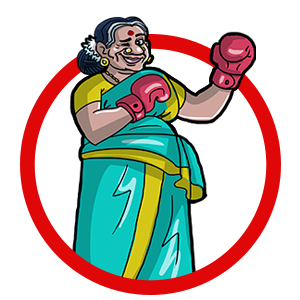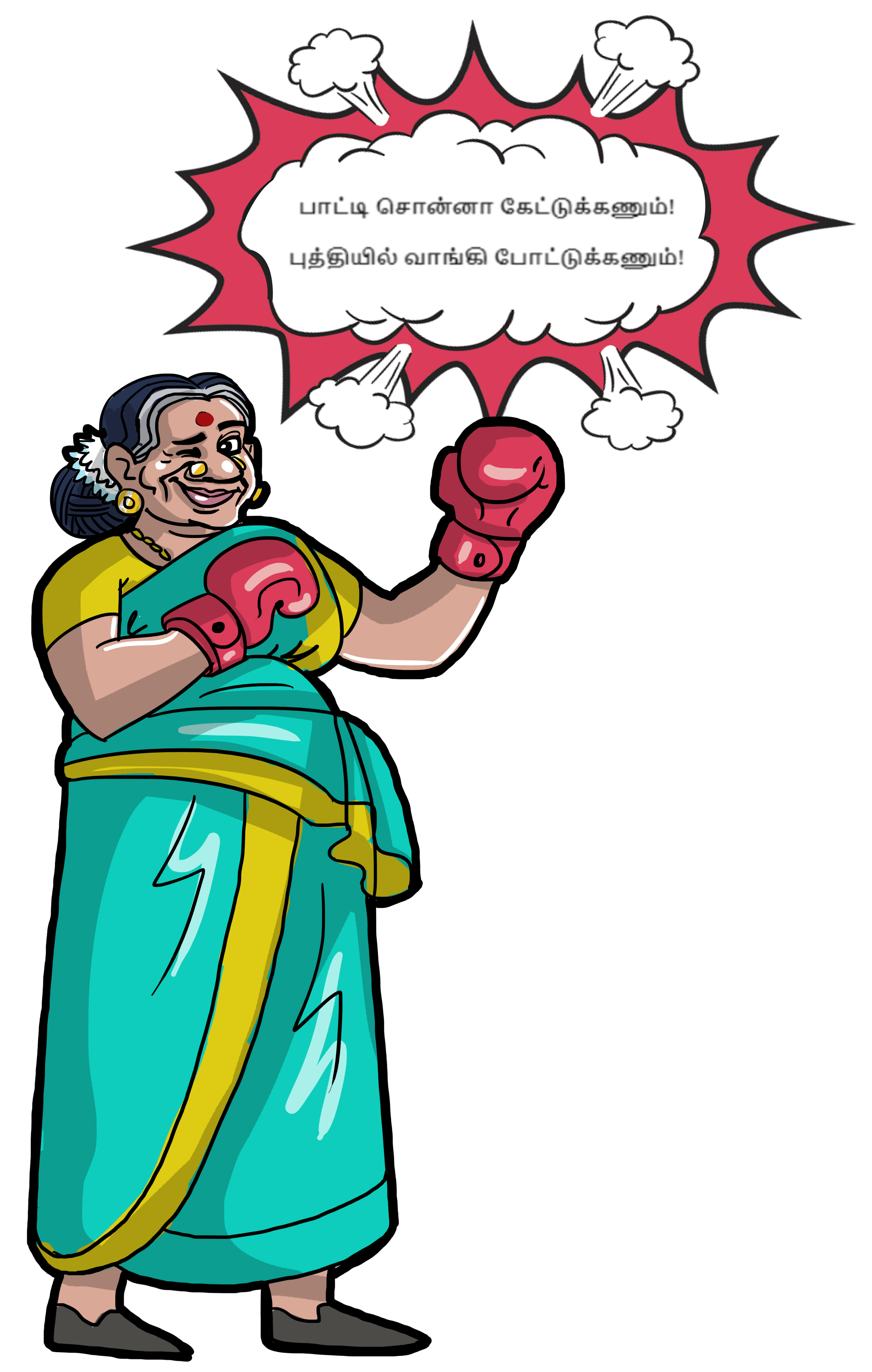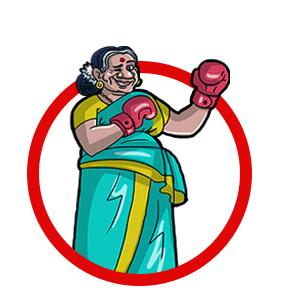Frequently Asked Question
Sexually Transmitted Infection (STI)
1. What is the relationship between STI (Sexually Transmitted Infection) and HIV
A person who has STI is more likely to become infected with HIV, if they have unprotected sex (sex without a condom) with HIV infected person.
2. What are the Symptoms of STI?
The symptoms are ulcer in the genitals, discharge vagina and urethra, lower abdominal pain in women, pain or burning sensation while urinating and painful scrotal swelling in men.
3. Is STI curable?
Yes, it is curable.
4. If an antenatal mother has STI, will it affect the baby?
Yes, if the mother has STI, there are chances for the transmission of STI to the baby during pregnancy or during labour. If the mother is treated, the baby will be protected.For further queries contact 1800-419-1800 (Toll Free)
ICTC & ART
1. What is HIV?
HIV stands for Human Immunodeficiency Virus (HIV). It is a virus which destroys the human immune system.
2. What is the difference between HIV and AIDS?
HIV is the virus and AIDS is the disease which is caused due to HIV.
3. How do I know whether I have HIV?
HIV can be detected through blood test at free of cost in all Integrated Counselling and Testing Centres (ICTC) located at Government Hospitals.
4. Where can I avail treatment for HIV/AIDS?
Free treatment is available in all ART Centres located at Government Hospitals.
5. What is the use of taking ART medicine?
ART medicines will improve the immunity and prolong the life of HIV infected people.For further queries contact 1800 419 1800 (Toll Free).
PPTCT
1. What is PPTCT?
PPTCT is Prevention of Parent To Child Transmission (HIV) programme focusing on prevention of HIV infection from HIV positive pregnant women to her new born.
2. Can a HIV infected couple have HIV free baby?
Yes, HIV infected couple can have HIV free baby.
3. How do I know the HIV status of a newborn?
The HIV status of a new born can be known through a test done from 6 weeks to 6 months.
4. Does HIV spread through HIV infected mother while breastfeeding?
Yes, HIV spreads through breastfeeding of HIV infected mother. But the transmission is very minimal if the mother is on Anti Retroviral Treatment (ART).
5. If the first baby is HIV positive, can the couple have the second baby as HIV negative?
Yes, a couple can have HIV negative baby even though the first baby is HIV positive. For further queries contact 1800 419 1800 (Toll Free)
Blood Transfusion Services (BTS)
1. Who can donate blood?
Any healthy person with clean habits between the age of 18 to 65 can donate blood.
2. How frequently I can donate blood?
You can donate blood once in 3 months.
3. Advantage of blood donation for a donor?
New blood cells will be generated after donation.
4. Whom do I contact in case of blood requirement?
You can contact the nearest blood bank located in the Government Medical College Hospitals, District Head Quarters Hospitals and other Government hospitals. For further queries contact 1800 419 1800 (Toll Free).
Targeted Intervention - Condom
1. What are the advantages of condoms?
It prevents the unwanted pregnancy, Sexually Transmitted Infections (STI) and HIV/AIDS.
2. Are there any side effects of using of condoms?
There are no side effects, except if you are allergic to latex rubber or to the lubricant.
3. Where do I get condoms?
Male condoms are available at all government hospitals, ICTC, ART, STI clinics, pharmacies and supermarkets.
4. Does using double condom is more protective?
No, only one condom is sufficient.
5. Should I use condom while taking STI/HIV treatment?
Yes, in order to avoid infection to your partner.
6. Does the condom use reduces sexual pleasure?
No, Condom use will not reduce sexual pleasure.
7. What precautions need to be taken before using condoms?
Check the expiry date on the pack and any tear before you use it. For further queries contact 1800 419 1800 (Toll Free).






